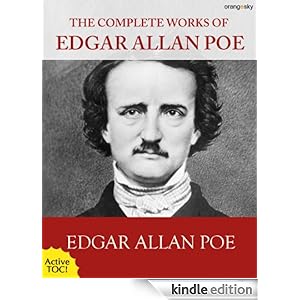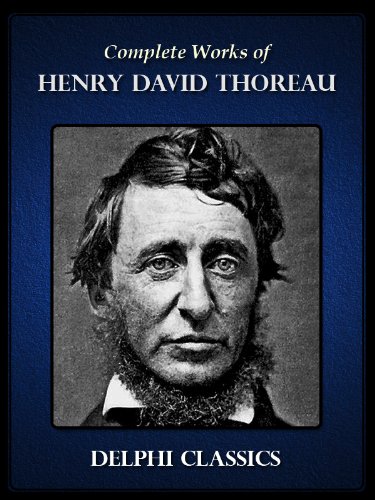
Just as the article I recently linked (The Consolations of a Schubert Sonata Surplus – NYTimes.com) influenced me to add Schubert’s lovely sonata to both my daily piano practice and listening choices, a reference in a novel I have recently started reading influenced me to purchase a couple of Kindle books.

In a recent chat with my friend Craig Cramer he mentioned a couple of authors he has enjoyed reading: David Lodge and Paul Auster.

While at the library recently, I pulled a book by each author and sat and read a bit, until I decided to check out The Brooklyn Follies by Auster.

I think I confused Auster with another author and have been passing him over thinking he was dead and that his writing was an example of late modernism. I don’t know how I got that impression since he is living and Cramer described his writing as hilarious.
Anyway, I came across a passage in which the narrator is talking to his brilliant nephew about an essay the nephew has written entitled, “Imaginary Edens: The Life of the Mind in Pre-Civil War America.”
The nephew has written about Edgar Allan Poe and Thoreau. The narrator asks the nephew to outline the argument in the paper.
“It’s about nonexistent worlds,” my nephew said. “A study of the inner refuge, a map of the place a man goes to when life in the real world is no longer possible.”
“The mind.”
“Exactly. First Poe, and an analysis of three of his most neglected works. “The Philosophy of Furniture,’ ‘Landor’s Cottage,’ and ‘The Domain of Arnheim.’ Taken alone, each one is merely curious, eccentric. Put them together , and what you have is a fully elaborated system of human longing.”
….
“After that, I jump to Thoreau and examine the room, the house, and the landscape as presented in Walden.”
I was intrigued. I have read lots of Poe but hadn’t heard of the three stories. I browsed some Kindle versions of complete works of Poe and landed on this one.

While I was at it, I perused the Thoreau works available and bought one.

Even though works by these authors are easily available for free online, I find purchasing one that has been formatted for Kindle to make the reading experience more enjoyable.

I stumbled into reading “Thou art the Man” by Edgar Allan Poe before getting to the three mentioned in the Auster novel. I did so because in Peter Berger’s The Far Glory he uses the Old Testament story where the prophet Nathan confronts Kind David with his murderous conduct as an example of the emerging self in Western civ.
So I had the story on my mind.
I’m glad there is so much Poe I haven’t read. I look forward to reading more of him including the three stories mentioned above.